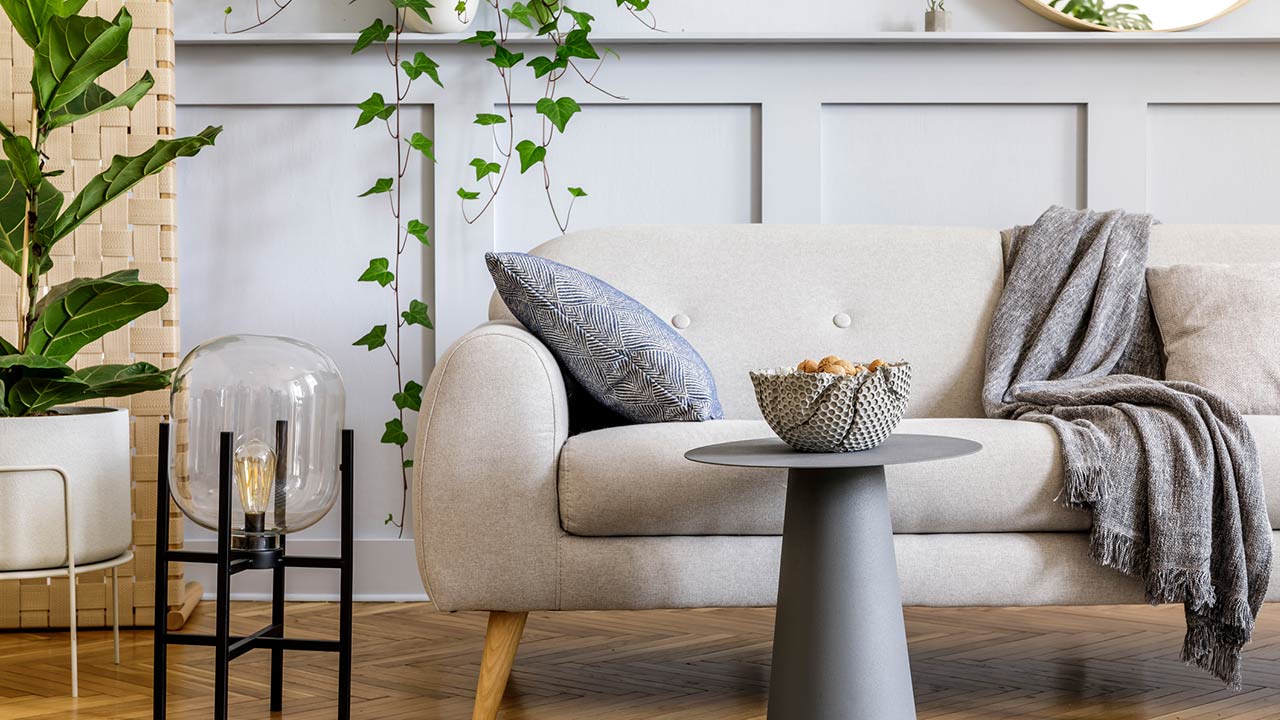Snoring Rooms Grow in Popularity
It’s the middle of the night and the person next to you in bed is snoring. The sound is so loud, nothing you do seems to be able to drown it out. The only option is to take a pillow and blanket and move to a different room, where you might be able to escape the wall-rattling noise.
This is the life of the spouse of a snorer. When one person in a relationship snores, it can lead to numerous sleepless nights. Over time, it can even rupture a romantic relationship, leaving one person feeling as though there is no way to escape the noise and get some sleep.
Separate Bedrooms
A new idea coming out of the United Kingdom may give sleepers some relief. Frustrated by the nocturnal habits of their sleep mates, wealthy homebuyers are now commissioning “snoring rooms” to separate significant others at night. Instead of relying on smaller secondary bedrooms for getting some rest, well-to-do customers can set up his and hers master bedrooms that accommodate those incompatible sleeping habits.
The trend has already taken off in England, where one in six couples do not share a bed. The ratio is even greater in America, with one study revealing that 23 percent of American couples sleep apart, whether that means spending the night in a recliner or guest bed. Some couples even credit sleeping apart for their happy marriages. With snoring rooms, both members of a couple can enjoy the amenities that come with a master bedroom rather than one person having to settle for a guest bedroom or the living room sofa.
The Need for Snoring Rooms
Despite the name, snoring is only one of many reasons a couple might opt for separate master bedrooms in a home. One person may prefer to sleep with the TV on, for instance, while the other can’t sleep at all while the TV is on in the room. A couple may find that a snoring room helps resolve temporary disruptions, such as a mother’s need to breastfeed during the early months of a baby’s life. It also can help resolve those many instances where one person prefers to stay up late reading or working, while the other turns in early.
Many couples find that as they age, the need for separate bedrooms increases. Snoring tends to increase in frequency as a person ages, especially in those who suffer from sleep apnea. Age can also contribute to insomnia, with 39 percent of people reporting that they wake up frequently throughout the night. When one person sharing a bed tosses and turns, it can disrupt the other person’s sleep. Separate bedrooms give insomniacs the freedom to watch TV or read when restlessness occurs without worrying about waking up someone else.
If you’re thinking about dual master bedrooms in your next home, consider creative ways to place them close together, perhaps so that they share access to a master bedroom. By splitting your master bedrooms, you’ll be able to create a comfortable sleeping space for both of the primary homeowners while also ensuring a restful night’s sleep on a regular basis.












